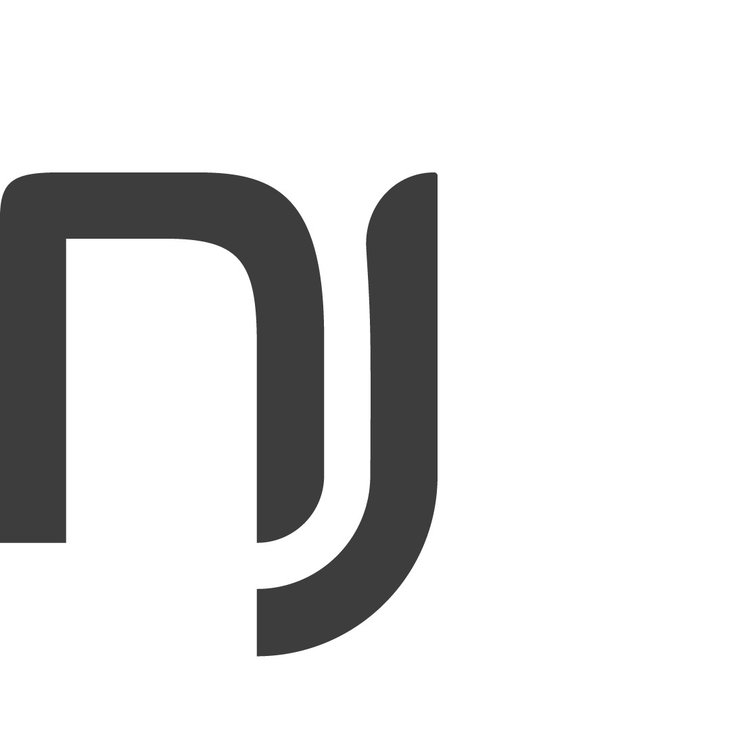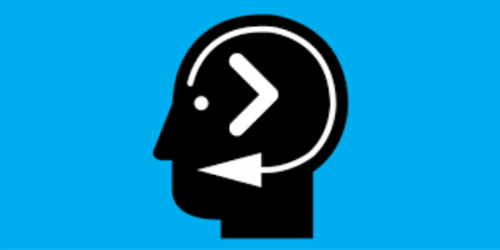Yesterday, I attended NYU's Mind, Brain, and Education Collaboratory where attendees had the opportunity to sit at round tables with experts in cognitive neuroscience as well as a diverse group of education stakeholders including researchers, teachers, policy makers and parents.
Never having had exposure to cognitive neuroscience and its application to education, I was eager to inform my own educational philosophy and practice. My roundtable focused on the Science of Learning, explored through a cognitive science perspective. According to many studies and surveys, our intuition regarding best learning strategies is often wrong. Many people believe that the best way to learn and retain information is by re-reading texts or studying notes. With every time we reread a passage, the words roll off our tongue more effortlessly and we feel as though we are absorbing more information in the process. However, studies show that this method of learning is largely ineffective -- we don’t engage with the information on a deep level when rereading.
Alternatively, cognitive psychology researchers suggest using retrieval practice, a learning strategy that practices calling information to mind. Several retrieval practices include:
- Writing or verbally explaining what you learned a day, week or month earlier.
- Taking practice tests to both assess and produce mastery of content
- Reading a text and writing down as much information as you can remember immediately after
These practices strengthen the mind’s ability to recall information stored in memory. However, retrieving information requires considerable mental effort; it is more challenging to take a test or write down information from a passage you just read than it is to reread notes or texts. Similar to building muscle strength or excelling in a sport, deep learning is a skill that must be practiced in order to improve. It may not be easy or immediately gratifying, but it is a valuable investment in long term learning.
Although the success of retrieval practice has been tested and proven time and again, it is not common knowledge in classrooms and among education circles. Over the last decade, there has been a whirlwind of best practices and philosophies of learning that have bombarded educators; almost every other year, teachers are expected to adopt new approaches in the classroom. Retrieval practice has gotten lost in the cacophony.
We have not established a set of effective teaching and learning strategies and we do not agree on content that is worth learning. There is significant fragmentation in the field of education, everyone feels that they are doing it “right” while others want to invent the approach that “gets it right.” I left the Collaboratory event with new, helpful knowledge, but also feeling overwhelmed by the fragmented work of education reform. There is no “one size fits all” solution. We need to train adaptive leaders and educators who can take a set of skills and information and apply them to their specific educational context.

